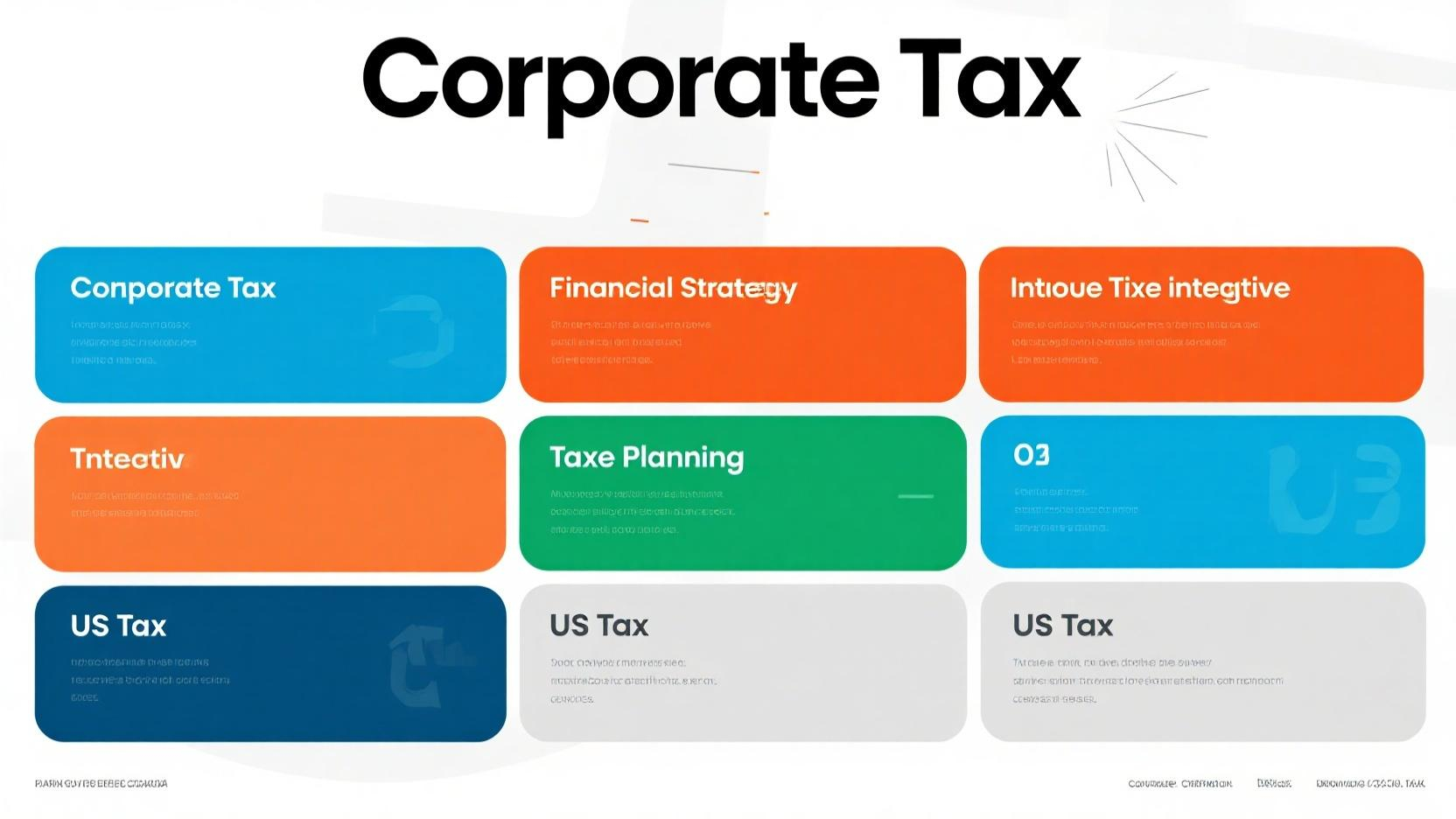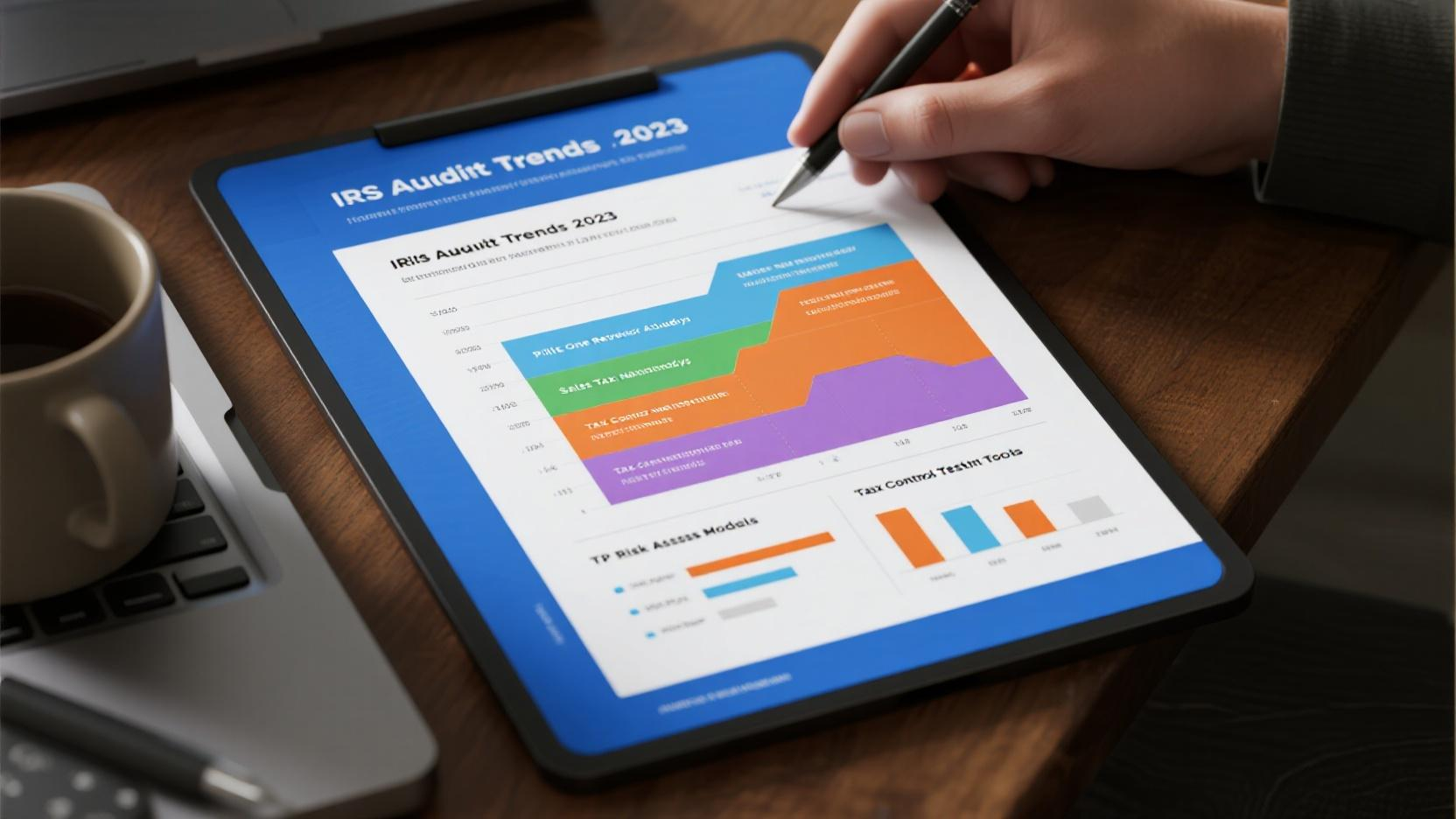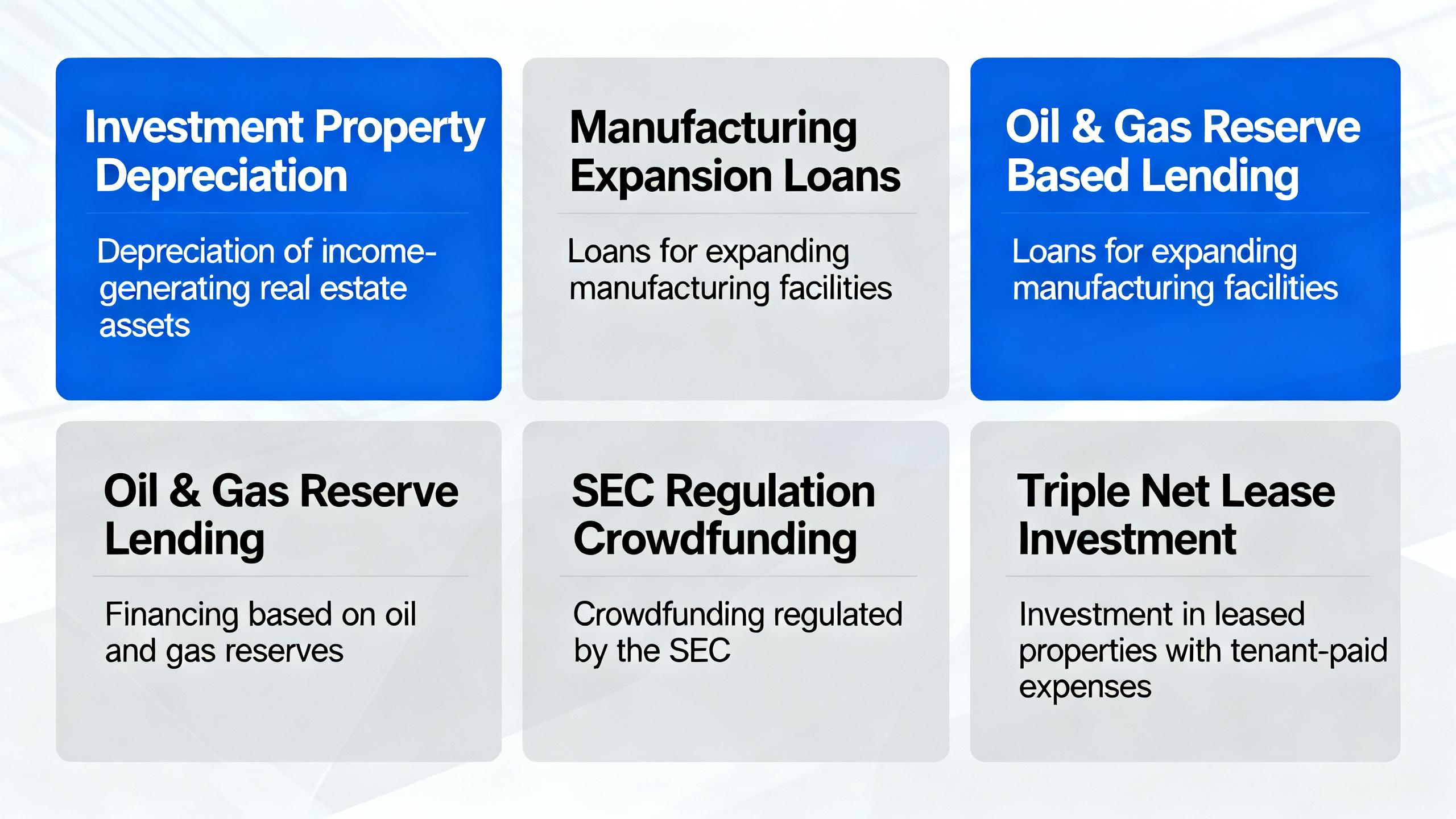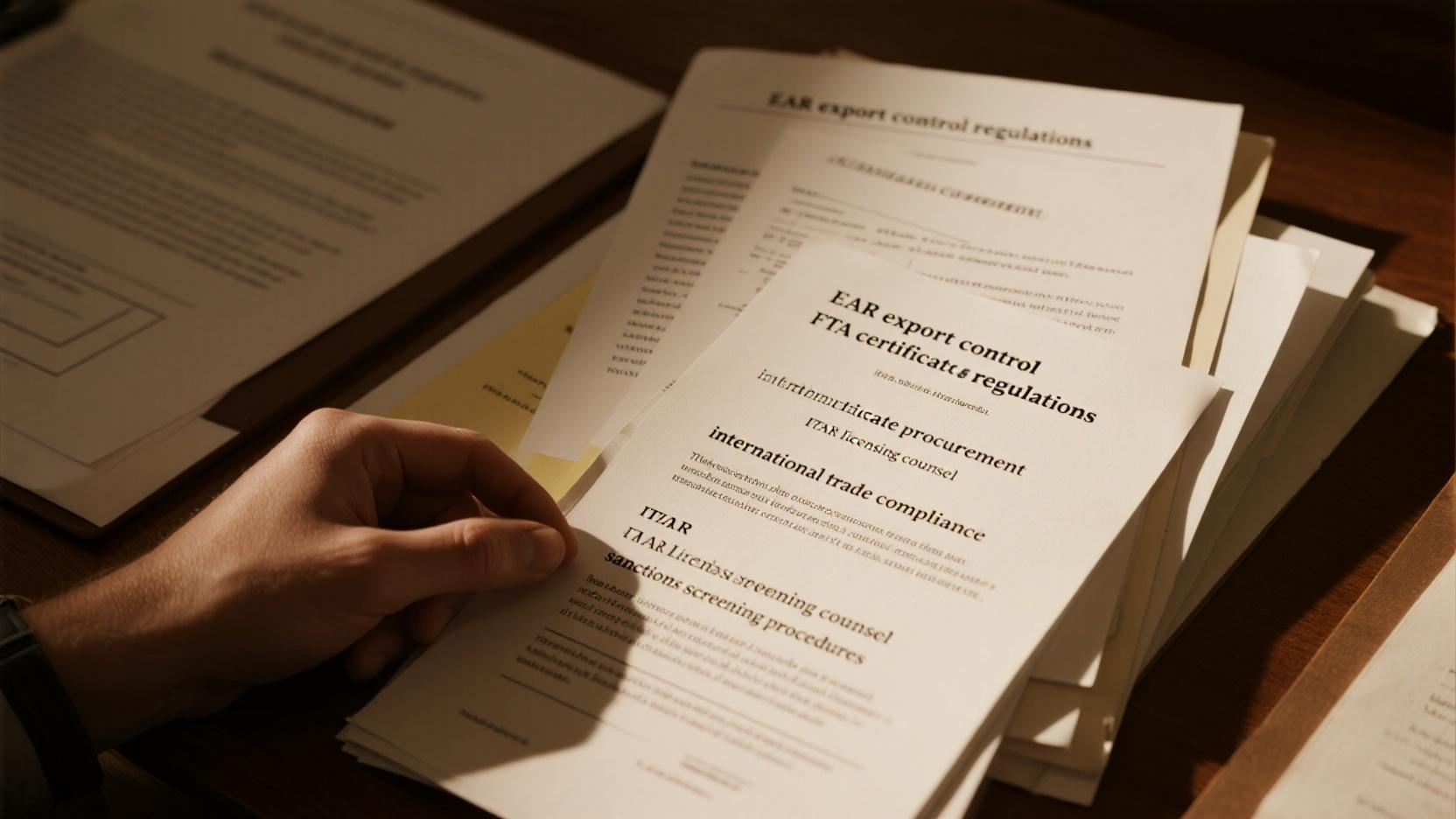Image Source: pexels
Analyzing and applying corporate income tax incentives is crucial for business decisions. These incentives influence how companies invest, hire workers, and distribute income. For instance, bonus depreciation allows small businesses to save money and invest more effectively. However, these incentives operate differently across various industries due to differing tax regulations. Companies must focus on analyzing and applying these incentives wisely to maximize benefits and navigate any challenges.
Key Takeaways
- Corporate tax breaks help companies save money and expand. Knowing about these breaks is key for smart investments.
- Tax breaks can create more jobs and boost the economy. Companies in low-tax places often pay better and help local areas grow.
- Businesses should look for tax breaks that match their plans. Working with tax experts and learning rules makes applying easier.
Understanding Corporate Income Tax Incentives
Definition and Purpose
Corporate income tax incentives are ways governments encourage certain activities. These incentives help businesses save money and grow. For example, the United States uses them to attract and keep companies. In China, they focus on technology and sustainable growth. How well these incentives work depends on rules, the economy, and government goals.
Common Types of Incentives
Governments offer different tax incentives to meet various needs. Some examples include:
- Tax Credits: These lower the taxes a company has to pay. They often reward things like research.
- Tax Deductions: These let businesses subtract certain costs from their taxable income.
- Accelerated Depreciation: This helps companies recover asset costs faster.
- Tax Holidays: These give temporary tax breaks to boost investments in certain areas.
Goals and Objectives
The main goal of tax incentives is to grow the economy. By lowering taxes, governments attract investors and help businesses expand. These incentives also aim to create jobs and improve regions. Leaders design them to fit both short-term and long-term plans.

Economic Impacts of Corporate Income Tax Incentives
Effects on Business Investment
Corporate tax incentives affect how businesses decide to invest. By lowering costs, they help companies spend more on growth and new ideas. For example, the Tax Cuts and Jobs Act (TCJA) showed how tax changes can increase investments. Companies with average tax cuts under TCJA invested 20% more in the U.S. than without the reform. Also, when the cost of new equipment drops by 1%, businesses spend 3% more on investments.
| Evidence Type | Description |
|---|---|
| Tax Reform Impact | TCJA led to 20% more U.S. investment for firms with average tax cuts. |
| Investment Response | A 1% drop in equipment costs raises investment spending by 3%. |
| Long-term Predictions | TCJA may grow capital stock by 7.2% and wages by 0.9% in 15 years. |
These incentives also improve cash flow, making it easier to expand. Tax credits and grants lower business costs, making some places better for investment.
Impacts on Employment and Local Economies
Tax incentives often create jobs and help local economies grow. Lower taxes bring more companies, which leads to more jobs. Businesses in these areas often pay higher wages and increase rents, showing better economic conditions.
- Tax cuts bring more companies to local areas.
- More companies mean more jobs in low-tax regions.
- More jobs lead to higher wages and rents locally.
In poorer areas, special tax incentives help remove job barriers. For example, Indianapolis used a scorecard to check if projects paid at least $18 per hour with benefits. Companies had to use tax savings for training, transit, or childcare to help the community.
Broader Economic Trade-offs
While tax incentives boost jobs and investments, they have downsides. Governments lose tax money, which affects public spending. For instance, changes in tax rules cause 60-90% of differences in corporate tax revenue, showing their big impact on state budgets.
| Evidence Type | Description |
|---|---|
| Corporate Tax Rates | State tax rates stayed steady, but tax revenue as part of GDP dropped. |
| Tax Base Rules | Tax rule changes cause 60-90% of corporate tax revenue differences. |
| Incentive Spending | In 2014, states spent $5-$216 per person on tax credits and subsidies. |
| Economic Growth | Tax incentives show mixed results for state and local economic growth. |
These trade-offs need careful planning to meet goals without hurting long-term budgets.
Practical Applications for Businesses
Finding the Right Incentives
Businesses need to find tax incentives that match their goals. Start by learning how policies affect jobs and investments. Work with lawmakers who support helpful tax rules. Plan ahead to avoid problems from tax changes.
- Understand how policies impact the economy.
- Partner with lawmakers who back good tax policies.
- Create plans to handle negative tax changes.
Tools like BDO help businesses find and use tax benefits. They guide companies from finding opportunities to following the rules, making the process easier.
How to Qualify and Apply
Getting tax incentives takes planning. First, check if your business meets the rules. These rules depend on your industry, location, and investment size. Keep accurate records to prove you qualify. Tax experts can help make the process smoother and reduce mistakes.
After qualifying, keep detailed records to stay compliant. Regular checks and updates on tax laws help businesses keep their benefits. Expert advice ensures a smooth process and helps save money.
Examples of Success
Real estate and construction companies show how to use tax incentives well. They used faster depreciation to recover costs and fund new projects.
Failed attempts also teach important lessons. Systems like weighted lotteries and refundable credits help small businesses get funding. Non-money support, like training, often works better than just giving money. These examples show why planning is key for using tax incentives wisely.
Challenges and Unintended Consequences
Problems in Getting Incentives
Getting corporate income tax incentives can be hard for businesses. Complicated rules and lots of paperwork make it tough. Small businesses struggle more because they lack resources and knowledge. Governments may also set tight deadlines, giving little time to apply.
Tip: Work with tax experts and use digital tools to make the process easier.
Dangers of Relying Too Much
Relying too much on tax incentives can be risky. If a company depends on temporary benefits, it may face trouble later. For example, sudden policy changes can hurt cash flow and plans. This focus on incentives might stop businesses from trying new ideas.
To avoid this, companies should have different income sources and flexible plans.
Unexpected Economic Effects
Sometimes, corporate income tax incentives cause problems. Governments may lose tax money, making it harder to pay for public services. Incentives for certain industries can also create unfair advantages for big companies.
Studies show poorly planned incentives can increase regional gaps. For instance, focusing on cities often leaves rural areas behind. Leaders must think about these effects to make fair policies.
Understanding corporate income tax incentives helps businesses save money. Companies must follow rules by reporting correctly and using fair values. Planning is key to getting the most benefits. Businesses should check finances, find deductions, and manage income wisely.
To handle problems, companies can predict taxes, get expert help, and use digital tools to track better. Teaching staff about tax rules and doing regular checks also helps follow the law. By managing incentives smartly, businesses can grow and avoid risks.
FAQ
What are corporate income tax incentives?
Corporate income tax incentives are rules that lower business taxes. They help companies invest, create jobs, and grow the economy.
How can businesses identify suitable tax incentives?
Businesses can find tax incentives by checking local tax rules. They should talk to tax experts and use online tools to match their needs.
Are there risks associated with relying on tax incentives?
Yes, depending too much on tax incentives can be risky. Changes in rules or ending benefits can hurt cash flow and plans.











